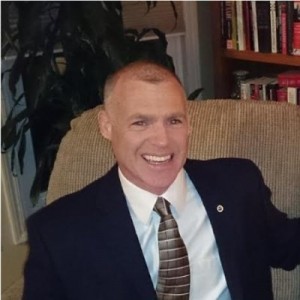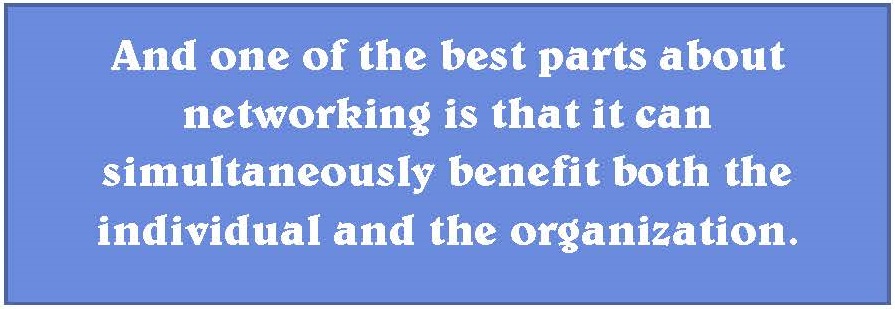In honor of Veterans Day, today’s post is dedicated the men and women (and their families) who have and do serve our country. Thank You for your unfailing commitment and devotion to our great nation!
Introduction from Alana:
Today, please welcome retired U.S. Marine Corps Lt. Col. Rob McClary, PhD, to Coffee Lunch Coffee. Rob leads seminars for the University of Foreign Military and Cultural Studies at Ft. Leavenworth which brings a unique, tailored approach to providing an education focused on decision support. The core of its curriculum is based on self-awareness, groupthink mitigation, critical thinking and fostering cultural empathy.
You won’t believe how I met Rob. A few weeks ago, I was on a return flight from Newark Airport to Kansas City International. To say I was tired is an understatement. My originating flight was from Lisbon, Portugal, where I had been for business meetings. I had already been awake for about 20 hours – on top of severe jetlag from the trip itself. My intent was to sleep on the plane and try to readjust to the time zone. That was the plan… and then Lt. Col. Rob McClary took the seat next to me!
Rob couldn’t have been friendlier. We made small talk for a bit and very quickly discovered we had a great deal in common. We both know several of the same people, we both are engaged in training and we both have a thirst for continuous knowledge and self-improvement. Suffice it to say, I was impressed! And, as far as meeting people on planes go, this was a very rare occasion – for the first time, it was clear to me a long-term interaction was in order as I’m certain Rob and I have a great deal of work to do together – starting with today’s post.
You’ll appreciate his insight and perspective which he supports not only with stories of his own experience, but also with research from a variety of experts.
Thank you for your service to our country, Lt. Col. McClary, and welcome to the CLC Community!
—————————————————————————–
Guest post by Lt. Col. Rob McClary, PhD:
 Many years ago when I was a 1st Lieutenant in the Marines, I finished my second deployment as a tank platoon commander and was assigned duties as the executive officer of the Recruiting Station at St Louis, Missouri. Upon checking in to my new station, I quickly learned that our station was one of the lowest producing stations in the nation; second lowest in the nation to be precise. As our higher headquarters applied increasing levels of pressure on us to turn things around, we reorganized sub-stations and initiated a number of new processes aimed at increasing our production – all with limited success.
Many years ago when I was a 1st Lieutenant in the Marines, I finished my second deployment as a tank platoon commander and was assigned duties as the executive officer of the Recruiting Station at St Louis, Missouri. Upon checking in to my new station, I quickly learned that our station was one of the lowest producing stations in the nation; second lowest in the nation to be precise. As our higher headquarters applied increasing levels of pressure on us to turn things around, we reorganized sub-stations and initiated a number of new processes aimed at increasing our production – all with limited success.
Then I reached out and began building a network with the leaders at a few of the other recruiting stations in our region. Through that effort, I built a relationship with my counterpart at the Marine Recruiting Station at Lansing, Michigan. As we were talking on the phone one day, he mentioned something that led me to that proverbial “aha” moment. Instantly I knew what we had to try. And it worked!
Now, reflecting back on that situation many years later – more years than I care to admit – I have come to understand how important networking is in fueling creativity (the development of new and useful ideas) and innovation (the implementation of new and useful ideas for organizational improvement).
And through my last 11 years of studying creativity and innovation, I have come to appreciate just how common occurrences of this sort are.
In the 2013 volume of the Annual Review of Psychology, Ronald S. Burt, Martin Kilduff, and Stefano Tasselli published an informative article that summarizes recent research in this area. In it, the authors assert that innovative organizations often gain many of their best new ideas from people who develop rich networks of contacts with people in other organizations – just as I did on recruiting duty.
Sometimes called “boundary spanners,” these people can serve as “information scouts” maintaining contact with people in other organizations, often in other domains. The more contacts a person can foster external to his or her organization, the greater the chances they will encounter a new or fresh perspective that sparks a creative insight. Additionally, a rich and diverse network provides a person with more collaborators with whom to wargame and refine new ideas prior to communicating them to important organizational stakeholders.
And one of the best parts about networking is that it can simultaneously benefit both the individual and the organization. It can benefit the individual, as it did me on recruiting duty, by enhancing his or her professional reputation as a creative problem solver. It can benefit the organization by facilitating the development of a culture of innovation.
